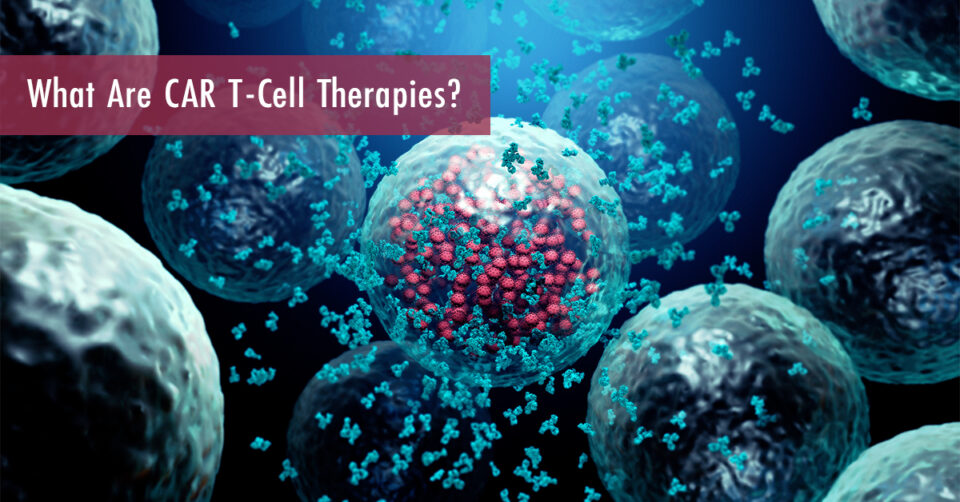CAR-T therapy is groundbreaking in the world of cancer treatments. There were a limited number of options for treating certain cancers in the past. Oncologists could recommend chemotherapy, radiation treatment, or even surgery, but that was about it. CAR T-cell therapy is changing the way medical professionals manage cancer. What more should you know about this revolutionary science?
What Is CAR-T Therapy?
CAR-T therapy refers to a form of immunotherapy and targeted cancer treatment. It involves harvesting the power of the patient’s own immune system to fight cancer. Until recently, the use of CAR T-cells has had many limitations. In 2017, the FDA approved this treatment option for more extensive usage.
History of CAR-T Cell Therapy
The original discovery was documented in 1987 by Japanese scientist Yoshihisa Kuwana and colleagues. In 1989, two Israeli researchers made the same discovery. The first generation of this treatment went into testing at the University of California, San Francisco.
At the forefront of this incredible research are the scientists at UCLA Health. In 2018, UCLA Health was the first system in the U.S. to offer CAR–T therapy to patients who qualify. In 2020, they made history again by being the first to offer the FDA-approved treatment options.
How Does CAR-T Cell Therapy Work?
T cells constitute the foundation of the immune system. This treatment takes T cells directly from the patient’s blood. They then modify them in a laboratory to detect and kill certain blood malignancies.
The altered cells are subsequently reintroduced into the patient’s body. If the therapy is effective, the newly changed T cells will assist a person’s immune system kill cancer cells, putting the disease into remission.
Think of these modified T cells as targeted missiles—the pilot programs the missile system to recognize the target. The missile then goes out and hunts for it. It won’t attack until it finds the exact target.
T cells act like missiles. The lab technicians program them to locate specific cancer cells and then attack them. This keeps healthy cells safe and eliminates malignant ones.
What Forms of Cancer Can CAR-T Therapy Treat?
This form of immunotherapy is currently limited to blood cancers. There are currently five FDA-approved forms of CAR-T therapy available.
Diffuse large B-cell lymphoma (DLBCL) in adults – Adults with this form of blood cancer may have an option to use Yescarta (axicabtagene ciloleucel), Kymriah (tisagenlecleucel) and Breyanzi (lisocabtagene maraleucel; liso-cel) CAR T therapies.
Acute lymphoblastic leukemia (ALL) – Kymriah is FDA-approved for treating refractory or relapsed in children and young people up to the age of 25. The FDA has authorized Tecartus for people with relapsed or refractory B-cell precursor ALL.
Mantle cell lymphoma (MCL) – Tecartus (brexucabtagene autoleucel) is a CAR T-cell therapy authorized by the FDA to treat adult patients with relapsed or refractory MCL.
Follicular lymphoma – Yescarta is a CAR T-cell treatment that the FDA has approved for individuals with relapsed or refractory follicular lymphoma following multiple rounds of therapy.
Multiple myeloma – Abecma (idecabtagene vicleucel) is an FDA-approved treatment for individuals with multiple myeloma that has failed or relapsed after numerous lines of therapy.
The success rate of the innovative treatment option for certain blood cancers varies from person to person. UChicago Medicine reports that it averages around a 30 to 40 percent success rate, giving patients hope at lasting remission.
